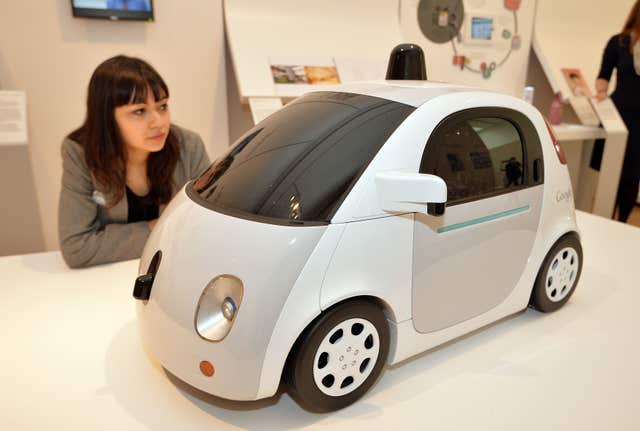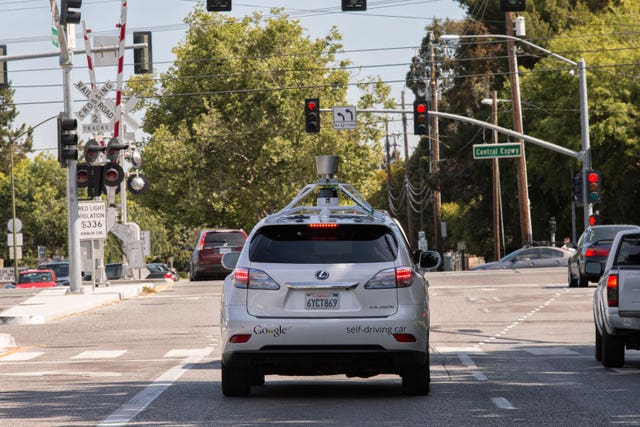
Google’s self-driving car firm Waymo has been granted a patent for technology that can soften the body of a car if it detects it is about to hit a pedestrian.
The patent, which was filed in 2015, describes a system whereby one of Waymo’s self-driving cars is able to “alter the rigidity of a vehicle’s surface” when it detected a collision was about to happen.

According to the official documents, the feature would use a system of cables rods or springs to soften body panels or bumpers to alter the rigidity of the vehicle.
This would, it’s hoped, reduce injuries to pedestrians by softening the blow of any impact with one of the cars.
Self-driving cars are hoping to to be safer than human drivers once fully tested and freely deployed on public roads, but Waymo appears determined to enhance safety capabilities nonetheless.

Parent company Google previously filed for a patent in 2014 for “flypaper for pedestrians” – an adhesive applied to the front end of driverless cars that keeps colliding objects stuck to the car after initial impact to prevent secondary impacts and possible further injury.
However, both systems remain just patents and are not confirmation of Waymo’s plans to introduce them to their final vehicles, which are currently being tested in the US.